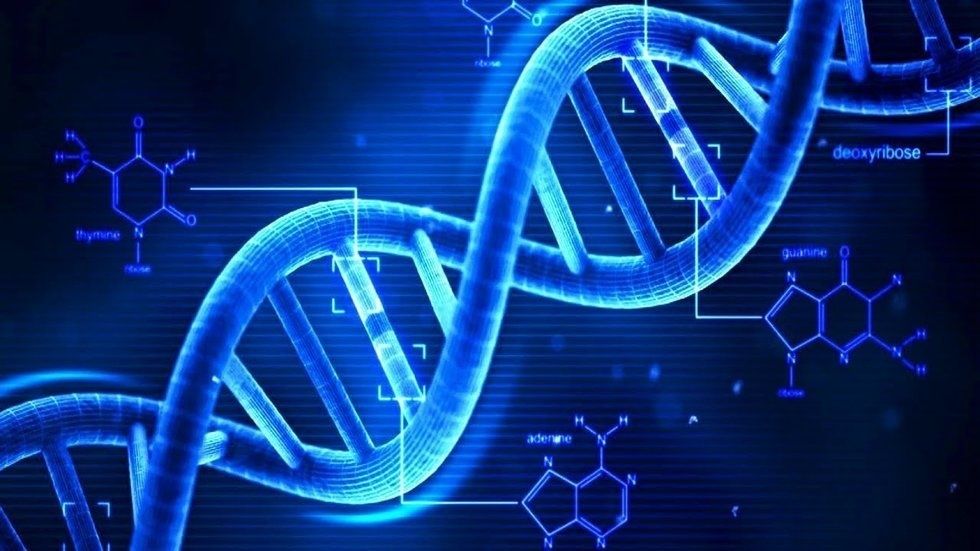Family history is fun to explore and something to take pride in. I've always loved looking at old photo albums or looking at records of my family's immigration from various parts of the world. It gives you a sense of belonging and identity that is unmatched when you know the struggles that your elders endured before you. Of course, someone found a brilliant way to make more money off of your family history.
Recently, there's been an explosion in the number of people taking online DNA tests in order to trace back their genealogy. Websites such as 23andMe and Roots for Real have taken the market by storm with take-home DNA sample tests that can be sent in. That DNA is then tested against hundreds of other DNA samples submitted by other customers to map your genealogy and, potentially, find long-lost relatives.
It certainly sounds beneficial and useful, but what are the implications of such far-reaching technology?
First of all, it can lead to unexpected discoveries. While little research has been done into emotional distress created by genealogy services through DNA testing, anecdotal evidence suggests that it can be dangerous. People I personally know have described discovering that they are not related to their siblings, or have a tendency to develop a debilitating disease. Having this information broken to you through a message on a website can be distressful, and leads to other questions of how a person should proceed with family or when considering healthcare options.
Furthermore, one wonders how secure your DNA is on these websites. The catching of the Golden State Killer raised alarm earlier this year when police found him through DNA testing. Law enforcement used the suspect's DNA sample which had been left at a crime scene and sent it in to trace the killer's genealogy. The 23andMe database then cross-referenced the suspect's DNA with all other similar DNA in the database. After reconstructing his entire genealogy, they were able to locate and arrest him. Should law enforcement be allowed to access these databases in this case?
Typically, in order to access a DNA database, a law enforcement agency would have to retrieve a warrant to cross-reference DNA they have. The difference in this case is that the police department uploaded the DNA as if they were any other customer, thereby avoiding the use of a warrant.
23andMe made a statement saying that they were not aware law enforcement had accessed the database in this way, but reiterated their customers agreed to let their DNA be a part of the database, and that there was no way they could have stopped the police officers in this case.
Interestingly enough, more people than law enforcement have access to this info. Hidden deep within terms of service are lines stating that companies are allowed to sell your DNA "anonymously" to healthcare companies and researchers. Experts that have explored the idea of DNA "anonymity" claim that no such thing is ever possible. This raises the question of whether someone should be willing to entrust the care of their DNA in the hands of these companies. Someone who submits this DNA exposes their entire family to being targeted for their DNA.
Truly, we are entering an era of uncharted territory. Whether or not you want to figure out your genealogy, perhaps it would be better to hold off and wait for more regulations to come in.








































